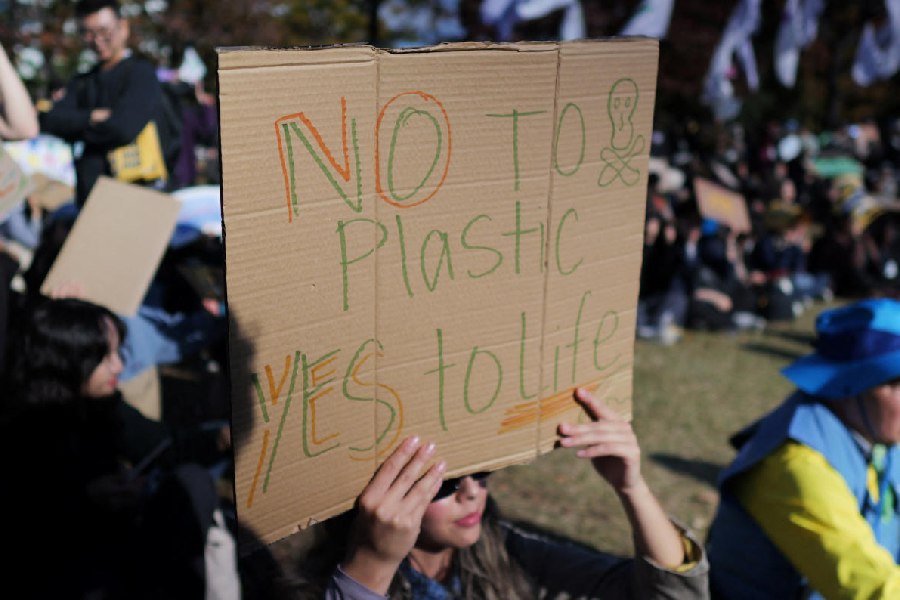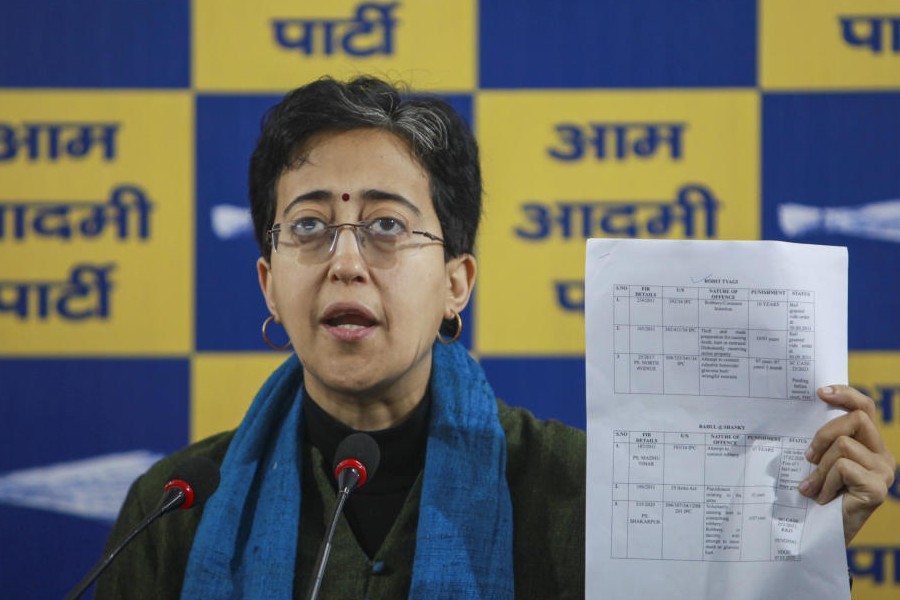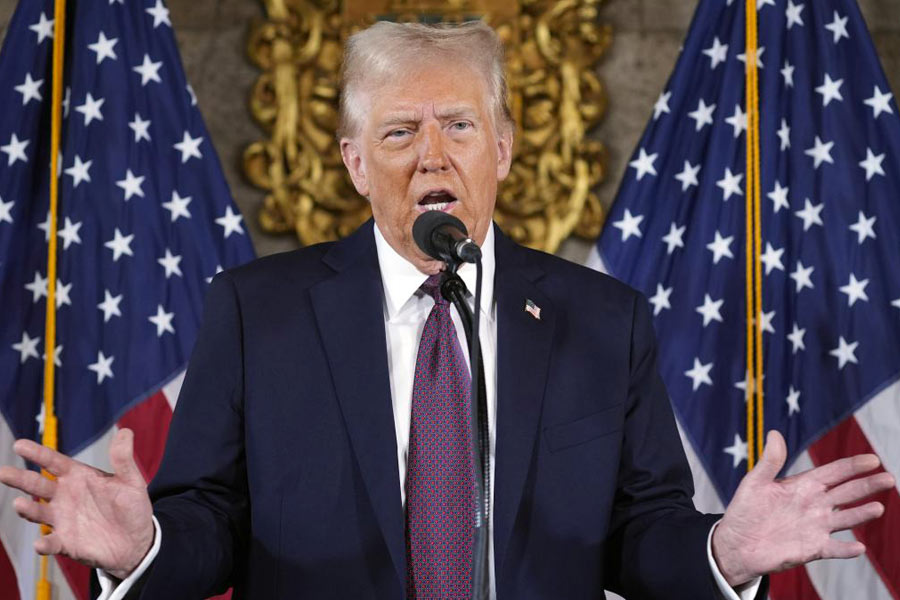Yet another summit billed to save the planet has ended with nothing to show for itself. The fifth Intergovernmental Negotiating Committee of the United Nations Environment Programme at Busan collapsed after negotiators failed to resolve their differences and agree on a global plastic treaty. At the heart of the disagreement was a refusal by oil-rich nations led by Saudi Arabia to accept a deal that put limits on plastic production. The failure of the INC to produce a treaty is worrying as the stakes are high. Plastic waste is flowing into the world’s oceans at a rate of around 10 million tonnes a year: the figure is rising, threatening marine biodiversity. Global emissions from plastic production could triple and account for one-fifth of the earth’s remaining carbon budget by 2050, according to one study. In the meantime, microplastics are infiltrating everything, from brain tissue to breast milk. At this rate, plastic production could nearly triple by 2050. Surprisingly, India, which banned single-use plastic in 2022, struck a contradictory note at Busan by claiming that while it encourages research, innovation, and development of sustainable alternatives and non-plastic substitutes, it would rather not support the “use” of these products. This is disappointing as India is responsible for 9.3 million tonnes or one-fifth of the world’s plastic pollution. By portraying the treaty’s objectives as potentially detrimental to economic growth, India has undermined the urgency of the environmental crisis and sidestepped accountability for its own contributions to plastic pollution.
The claim of the dissenting nations that plastic is pro-poor owing to its affordability perpetuates a dangerous misconception. Behind the façade of affordability lies a web of subsidies and incentives that artificially prop up the plastic industry. The heavily subsidised production of petrochemicals contributes to the illusion of cheap plastics. The truth is that communities worldwide bear the brunt of plastic pollution, with the poor and the marginalised being disproportionately affected. The failure of countries to agree on a global plastic treaty reflects a prioritisation of short-term economic interests over long-term environmental sustainability and public health. A group of 85 countries and blocs, including the European Union, has now called for binding individual targets to cut plastic production. India must reassess its stance and commit to ambitious, science-based measures that prioritise the well-being of both current and future generations.











